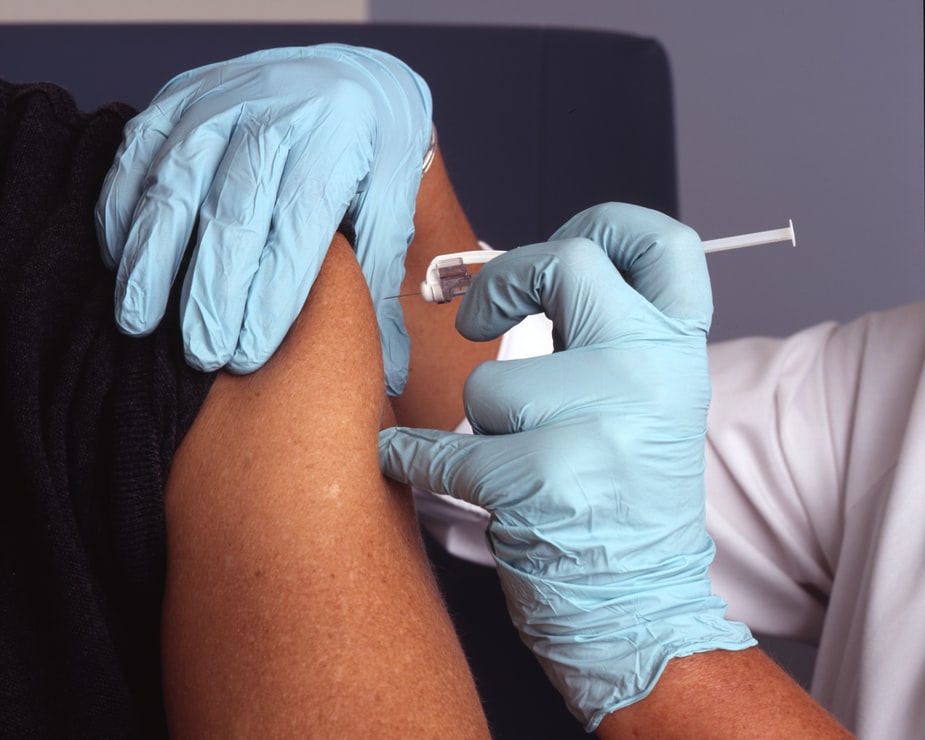Nigeria, Africa’s most populous country, will receive another batch of nearly four million doses of coronavirus vaccines under the Covax scheme by August, a senior health official says.
Abuja – Nigeria, Africa’s most populous country, will receive another batch of nearly four million doses of coronavirus vaccines under the Covax scheme by August, a senior health official said on Monday.
Covax was set up to ensure equitable distribution of vaccines, particularly to low-income countries, and has already delivered more than 80 million doses to 129 territories.
Nigeria – home to some 200 million people – got some four million doses of the AstraZeneca vaccine in March with which it started a nationwide coronavirus vaccination programme.
ALSO READ | High Nigeria food costs push 7 million into poverty: World Bank
“The federal government has also recently received communication from the Covax facility for additional allocation of 3 924 000 doses of AstraZeneca/AZD1222 vaccine…for delivery into the country by July-August 2021,” Faisal Shuaib of the National Primary Health Care Development Agency told reporters in Abuja.
He said the government would also procure 29.8 million doses of the Johnson & Johnson vaccine through the African Union Commission and AfreximBank.
“This is expected by September,” he said.
“I am glad to inform you that 3 441 146 doses have so far been utilised for the first and second dose vaccinations, which is approximately 88 percent of the total AstraZeneca Covid-19 vaccine stock in the country,” Shuaib said.
ALSO READ | Nigeria ‘negotiations’ with Twitter set to begin after suspension
He urged those still reluctant to take the jabs to do so.
“Let me again assure everyone that reactions are expected from all types of vaccination. Covid-19 vaccine is therefore not an exception,” he said.
“What is important is for us to understand that the vaccine is safe and effective and that the reaction would not last,” he said.
The virus has killed 2 119 people and infected 167 467 in Nigeria since the first index case in February last year.
Source: AFP
Picture: Unsplash


